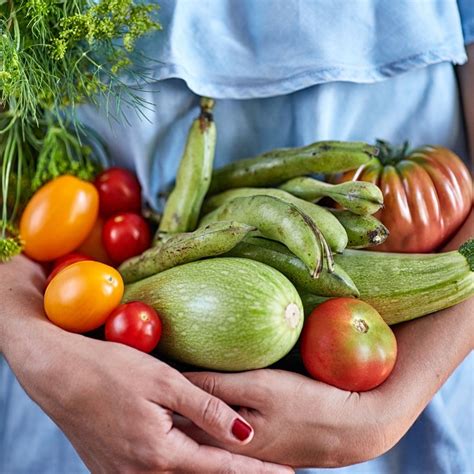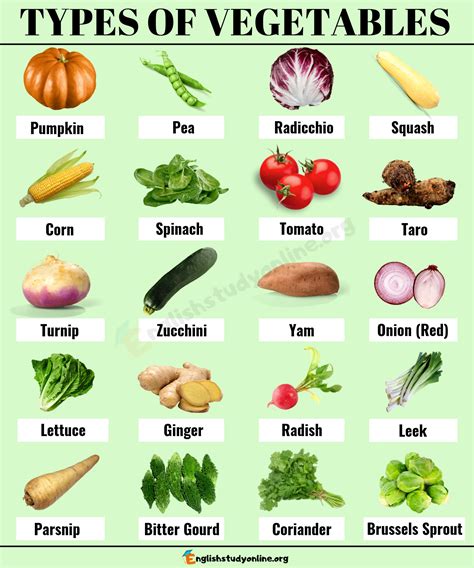Intro
Boost your health with daily vegetable intake, recommended at 5 servings. Learn about essential nutrients, benefits, and variety in vegetable consumption for a balanced diet.
A well-balanced diet is essential for maintaining overall health and well-being. One of the key components of a healthy diet is daily vegetable intake. Vegetables are packed with essential nutrients, vitamins, and minerals that help to boost energy levels, support immune function, and reduce the risk of chronic diseases. In this article, we will explore the importance of daily vegetable intake, the recommended daily intake, and provide tips on how to incorporate more vegetables into your diet.
Eating a variety of vegetables can have a significant impact on our health. Vegetables are rich in antioxidants, fiber, and other nutrients that help to protect against cell damage, support healthy digestion, and promote satiety. A diet rich in vegetables has been shown to reduce the risk of heart disease, type 2 diabetes, and certain types of cancer. Moreover, vegetables are low in calories and high in fiber, making them an excellent addition to a weight loss diet. With so many benefits, it's no wonder that health experts recommend eating a variety of vegetables every day.
The importance of daily vegetable intake cannot be overstated. Vegetables are a rich source of essential vitamins and minerals, including vitamin C, vitamin K, and potassium. These nutrients are crucial for maintaining healthy blood vessels, supporting bone health, and promoting healthy blood pressure. Furthermore, vegetables contain a range of phytochemicals, which have been shown to have anti-inflammatory properties and protect against oxidative stress. With the increasing prevalence of chronic diseases, it's more important than ever to prioritize daily vegetable intake and make healthy choices.
Daily Vegetable Intake Recommendation

Benefits of Daily Vegetable Intake
The benefits of daily vegetable intake are numerous and well-documented. Some of the key benefits include: * Reduced risk of chronic diseases, such as heart disease and type 2 diabetes * Support for healthy weight management * Improved digestion and reduced symptoms of irritable bowel syndrome * Boosted energy levels and improved mental health * Support for healthy bone density and reduced risk of osteoporosis * Reduced risk of certain types of cancer, such as colon and breast cancerTypes of Vegetables

How to Incorporate More Vegetables into Your Diet
Incorporating more vegetables into your diet can be easy and delicious. Some tips include: * Start your day with a vegetable-packed breakfast, such as a spinach omelette or a smoothie with kale and banana * Add vegetables to your favorite recipes, such as soups, stews, and stir-fries * Snack on raw or roasted vegetables, such as carrots and bell peppers * Try new and exotic vegetables, such as bok choy and eggplant * Make a big batch of vegetable soup or stew on the weekend and freeze for laterCommon Barriers to Daily Vegetable Intake

Overcoming Barriers to Daily Vegetable Intake
Fortunately, there are many ways to overcome common barriers to daily vegetable intake. Some strategies include: * Meal planning and prep, such as making a big batch of vegetable soup or stew on the weekend * Shopping at local farmers' markets or using a community-supported agriculture (CSA) program * Trying new and exotic vegetables, such as bitter melon and okra * Taking a cooking class or watching online tutorials to improve cooking skills * Buying frozen or canned vegetables, which are just as nutritious as freshConclusion and Next Steps

We invite you to share your thoughts and experiences with daily vegetable intake in the comments below. What are your favorite vegetables and how do you like to prepare them? Do you have any tips or strategies for incorporating more vegetables into your diet? Share your story and help inspire others to make healthy choices.
What are the benefits of eating a variety of vegetables?
+Eating a variety of vegetables provides a range of essential nutrients, including vitamins, minerals, and antioxidants. This can help to support overall health and well-being, reduce the risk of chronic diseases, and promote healthy weight management.
How can I incorporate more vegetables into my diet if I don't like the taste?
+There are many ways to incorporate more vegetables into your diet, even if you don't like the taste. Try adding vegetables to your favorite recipes, such as soups, stews, and stir-fries. You can also try roasting or grilling vegetables, which can bring out their natural sweetness and make them more palatable.
What are some common barriers to daily vegetable intake, and how can I overcome them?
+Common barriers to daily vegetable intake include lack of time and convenience, limited access to fresh and affordable vegetables, and personal taste preferences. To overcome these barriers, try meal planning and prep, shopping at local farmers' markets, and taking a cooking class to improve your skills and knowledge.
Are frozen or canned vegetables as nutritious as fresh vegetables?
+Yes, frozen or canned vegetables can be just as nutritious as fresh vegetables. In fact, frozen vegetables are often picked at the peak of ripeness and then flash-frozen, which can help to preserve their nutrients. Canned vegetables, on the other hand, may be higher in sodium, but they can still be a healthy and convenient option.
How can I get my kids to eat more vegetables?
+Getting kids to eat more vegetables can be challenging, but there are many strategies that can help. Try involving your kids in the cooking process, letting them help with meal planning and prep. You can also try making vegetables fun and engaging, such as creating a vegetable face on their plate or serving raw vegetables with hummus or ranch dressing.
